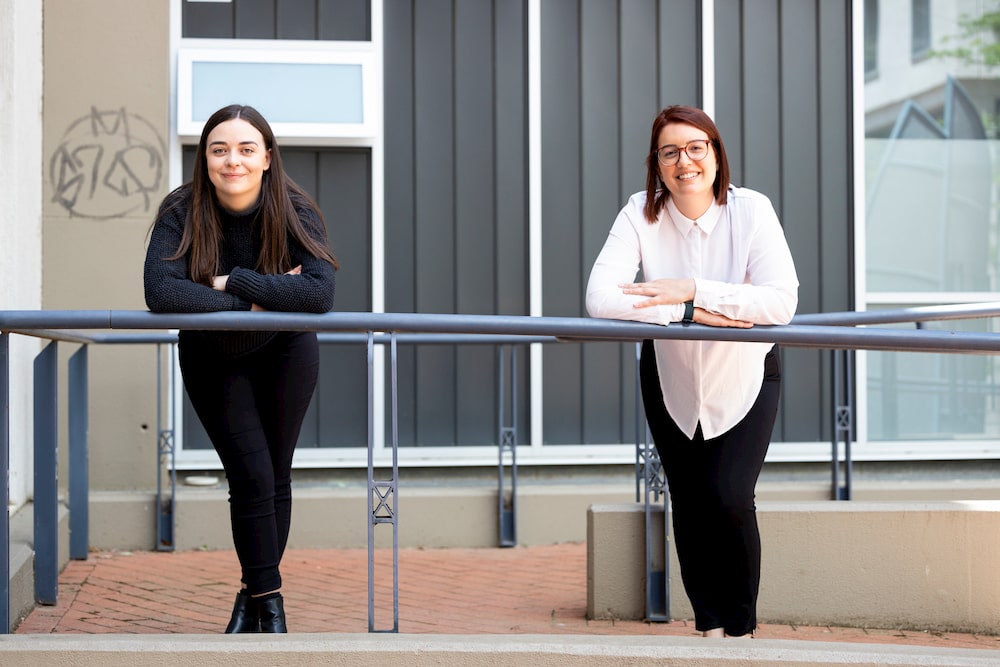A new ANU Master of Professional Psychology program developed in conjunction with Canberra Health Services (CHS) will, at full capacity, double the psychology workforce graduating in the ACT.
Having launched this year, at full enrolment capacity the program will see 25 students graduate per cohort.
The two-year program offers a more practical route to a career for post-grad students and is an alternative pathway to pursuing a more research-intensive Honours degree.
The entire second year of the program is devoted to practical placement experience – allowing students to apply their knowledge earlier than in a clinical program.
CHS clinical psychologist Connie Galati said the ANU psychology program trains students well so they’re given the tools and experience required for a successful career.
“Psychologists have some really unique skills. Other than psychiatry, we’re the only other profession that graduates as a recognised mental health professional,” she said.
“We can work in lots of different areas … we need to make sure that our Canberra community continues to have access to the full range of psychological services.
“In a way, it’s both about having psychologists in CHS but also a more community-oriented perspective of training psychologists well so they can work anywhere in the sector.”
Masters student Rhiannon Brophy, who was born in Canberra but grew up in northern NSW, is one of 12 students in this year’s ANU Master of Professional Psychology program cohort.
With plans to remain in Canberra and start her career here upon completing her studies, Ms Brophy said having attended three universities, her experience so far in the program has influenced her decision to stay.
“It’s very practically based, so it’s getting us ready to be immersed in psychology as a profession rather than still just carrying all the theoretical.
“We have to do an internship after next year and we’re all hoping that we will do that through CHS … it’s a bit of job security for us as well.
“Making connections with people in CHS is going to set us all up really well, too.”
Ms Galati said “it’s absolutely critical” Canberra can develop its own psychologists who are local or from the surrounding regions.
“Even though Canberra’s a city, it’s a got a regional feel to it so it’s probably quite common that people grow up here and leave,” she said.
“I think that’s a real loss when it comes to psychology.
“When it comes to community recovery, having psychologists from that same community has been shown to be more effective than bringing in psychologists.”
And as the local community recuperates from the turbulent year that’s been 2020, Ms Galati said bushfires and COVID-19 have thrust mental health into the spotlight for many.
“We hadn’t yet recovered from the smoke and the bushfires before we were thrust into a pandemic,” Ms Galati said.
“Canberra, compared to other states and territories and internationally, we’ve got off quite easy but having said that we’ve still felt the effects of a pandemic.
“All these community disasters really impose a sense of instability, unpredictability and humans by nature love predictability.
“There’s a huge cognitive load we’re all carrying and that’s the effect of stress on the brain,” she said.



